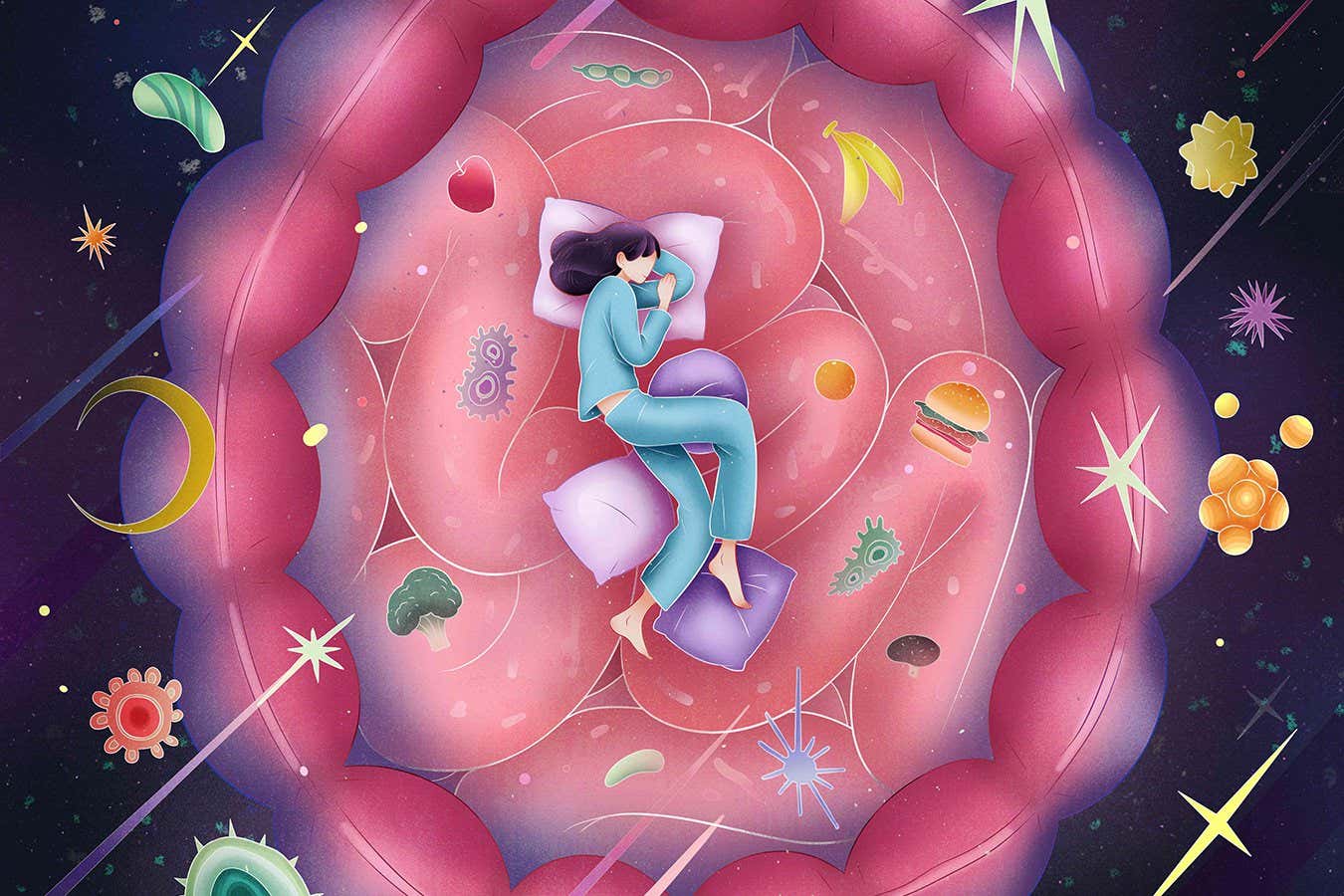It is no secret that sleeping is one of the most important things you can do for your health. Mountains of research over the past decade demonstrate, time and again, that a decent night’s rest is essential for everything from cognitive function to heart health, mood and more. Not getting good sleep or enough of it is associated with an increased risk of heart disease, type 2 diabetes, stroke, and hypertension, not to mention the hit to your cognitive function.
For many of us, however, getting good sleep is often easier said than done. And much of the advice out there is probably familiar by now, if a little too generic: sleep for 8 hours, avoid bright light and anything stressful before bed, and so on.
In reality, life is messier. For a start, we don’t all need the same amount of sleep – our age, sex, personal habits and tolerances all influence what we individually need. We also all have different lifestyles, including work and travel, which might see us needing to adjust our sleep schedules on a regular basis. Getting good sleep is about more than just clocking up time spent in bed – but we also aren’t great judges of the quality of the sleep we, a consequence of being unconscious when doing the thing we are trying to assess.
All of this means that following prescriptive messages about sleeping more can feel frustrating. The good news, as we explore in this special issue devoted to the subject, is that new research is revealing the benefits of a more holistic approach – some of the most important things you can do to improve your sleep don’t happen in bed, no matter how comfortable that bed might be.
Your sleep is affected by what happens during the rest of the day, such as what and when you eat, as well as your gut microbiome and hormonal production. Your personal chronotype – not only when you prefer to sleep, but also when you’re most active during the day – plays a role in the quality and quantity of the sleep you get, too.
What we need, then, is a 24-hour perspective on sleep. None of this changes how crucial our unconscious hours are, but it does give us fresh opportunities to improve them well before we lay down our heads.
Explore key questions about sleep in our latest special series:
Topics:


